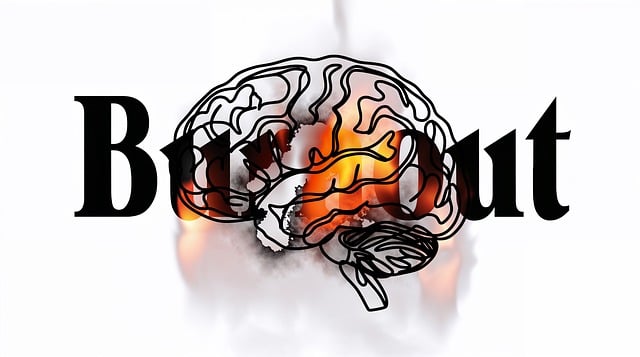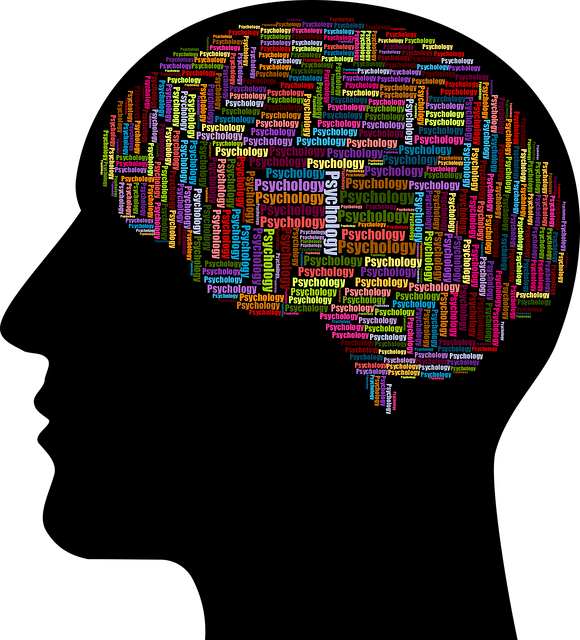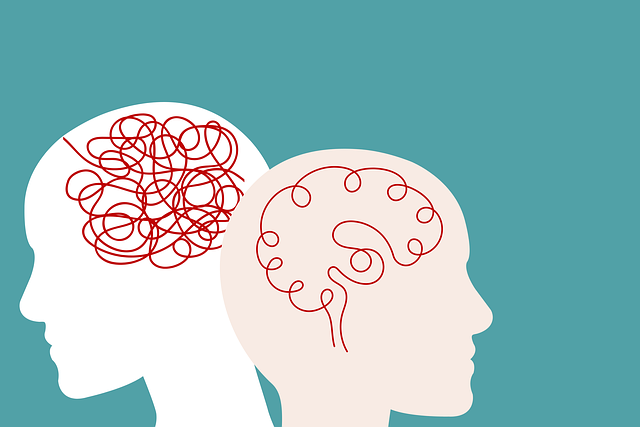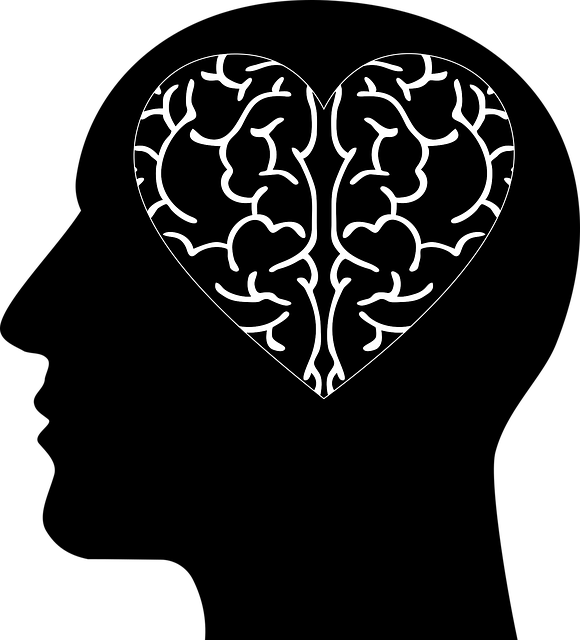Emotional intelligence (EI) is a powerful tool in managing eating disorders, with therapy for eating disorders focusing on enhancing EI through CBT and other treatments. By understanding emotional triggers and developing coping strategies, individuals can break the cycle of unhealthy eating habits. Self-awareness, stress reduction, positive thinking, and anxiety relief are key components of recovery, promoting overall well-being and resilience. Empathy-building exercises in therapy for eating disorders facilitate deeper connections, supportive networks, and effective stress management tailored to individual needs. Cultural sensitivity and burnout prevention for healthcare providers further improve patient outcomes and the sustainability of their work environment.
Emotional intelligence (EI) plays a pivotal role in overcoming eating disorders, offering a powerful tool for recovery. This article delves into the intricate relationship between EI and eating disorders, exploring how understanding and managing emotions can disrupt destructive cycles. We’ll guide you through practical strategies, from identifying emotional triggers to fostering empathy and building supportive relationships. By enhancing EI skills, individuals can navigate their feelings effectively, leading to improved coping mechanisms and successful therapy for eating disorders.
- Understanding Emotional Intelligence and its Role in Eating Disorders
- Identifying Emotional Triggers and Their Impact on Eating Habits
- Strategies for Developing Self-Awareness: The First Step Towards Recovery
- Enhancing Emotional Regulation Skills for Better Coping Mechanisms
- Practicing Empathy and Building Supportive Relationships for Long-Term Healing
Understanding Emotional Intelligence and its Role in Eating Disorders

Emotional intelligence (EI) is a powerful tool in understanding and managing eating disorders. It involves recognizing and regulating one’s own emotions as well as empathizing with others’ feelings, which can be particularly challenging for individuals struggling with anorexia, bulimia, or binge eating disorder. High levels of EI can help people navigate the complex emotional landscape associated with these conditions.
In therapy for eating disorders, building emotional intelligence is a key component in recovery. Effective treatments, such as cognitive-behavioral therapy (CBT), often incorporate strategies to enhance self-awareness and stress reduction methods. By learning positive thinking techniques and anxiety relief practices, individuals can develop healthier coping mechanisms. This shift in emotional regulation not only supports recovery from eating disorders but also fosters overall well-being and resilience.
Identifying Emotional Triggers and Their Impact on Eating Habits

Understanding emotional triggers is a pivotal step in the journey to building emotional intelligence and managing eating habits. Many people struggle with food as a coping mechanism, often triggered by stress, anxiety, or low mood. These triggers can be highly individual; for some, it might be social situations and the fear of judgment, leading to comfort eating or even binge-eating episodes. Identifying these emotional cues is where therapy for eating disorders becomes invaluable. Through careful exploration, individuals can learn to recognize their unique triggers and develop healthier coping strategies.
Social skills training and self-care routine development for better mental health are integral parts of this process. By enhancing social interactions and nurturing a caring relationship with oneself, individuals can navigate emotional challenges without resorting to food as a crutch. Additionally, producing a mental wellness podcast series can provide an outlet for sharing experiences, offering support, and educating others about the intricate connection between emotions and eating habits, thus fostering a community of understanding and care.
Strategies for Developing Self-Awareness: The First Step Towards Recovery

Developing self-awareness is a pivotal step in the journey towards recovery from eating disorders. It involves acknowledging and understanding one’s thoughts, emotions, and behaviors, especially those related to food and body image. Through therapy for eating disorders, individuals can learn to recognize triggers and patterns that contribute to disordered eating. This process empowers them to make conscious choices and develop healthier coping mechanisms.
Self-awareness also extends to identifying personal values, strengths, and weaknesses. Mental health policy analysis and advocacy play a crucial role in creating supportive systems that encourage self-reflection and mental wellness podcast series production can offer educational resources for individuals seeking guidance. By fostering self-acceptance and empathy, burnout prevention strategies for healthcare providers can be adapted to support those with eating disorders, ensuring they receive the compassionate care they deserve.
Enhancing Emotional Regulation Skills for Better Coping Mechanisms

Emotional regulation is a cornerstone of building emotional intelligence and can significantly impact one’s ability to cope with life’s challenges. Developing robust skills in this area involves recognizing and understanding emotions, both one’s own and others’, and learning to manage them effectively. This process is particularly beneficial for individuals struggling with conditions like eating disorders, where emotional dysregulation can play a significant role. Therapy for Eating Disorders often incorporates techniques to enhance emotional awareness and provide clients with healthy coping mechanisms.
Self-awareness exercises are a powerful tool in this journey; they encourage individuals to identify their emotions, the triggers behind them, and subsequent responses. By cultivating this mindfulness, one can begin to challenge unhelpful patterns and replace them with more adaptive behaviors. Moreover, cultural sensitivity in mental healthcare practice is essential as it ensures that these emotional regulation techniques resonate with individuals from diverse backgrounds, promoting inclusivity and effectiveness in treatment plans. Burnout prevention strategies for healthcare providers are also intertwined here, as supporting professionals in managing their own emotions can lead to better patient outcomes and a more sustainable work environment.
Practicing Empathy and Building Supportive Relationships for Long-Term Healing

Practicing empathy is a fundamental aspect of emotional intelligence building, especially for those navigating therapy for eating disorders. It involves understanding and sharing the feelings of another person, fostering a deeper connection and creating a safe space for expression. By cultivating empathy, individuals can better appreciate their own emotions as well as those of others, leading to improved relationships and enhanced self-awareness exercises. This skill is crucial in building supportive networks that are vital for long-term healing.
In the context of therapy for eating disorders, empathetic interactions can provide comfort and encouragement during challenging times. It enables individuals to feel heard, validated, and supported, which are essential components of mental wellness podcast series production. Moreover, empathy fosters trust within relationships, encouraging open communication about triggers, fears, and progress. This openness facilitates effective stress management workshops organization, empowering participants to learn from one another and develop coping strategies tailored to their unique needs.
Emotional intelligence plays a pivotal role in the understanding and treatment of eating disorders. By navigating the intricate relationship between emotions, triggers, and eating habits, individuals can embark on a path towards recovery. Through self-awareness practices, emotional regulation techniques, and empathetic connections, one can foster a supportive environment, revolutionizing their approach to mental well-being. Integrating these strategies into therapy for eating disorders enables folks to address the root causes, ultimately enhancing long-term healing and overall resilience.












